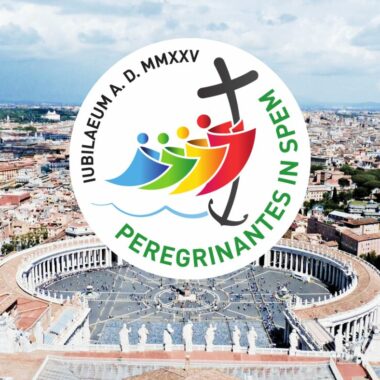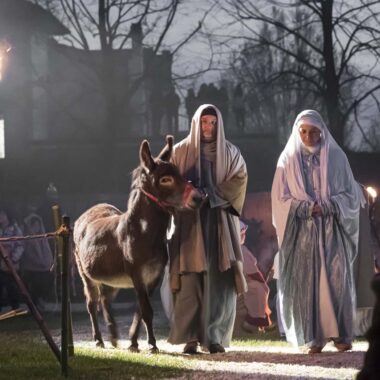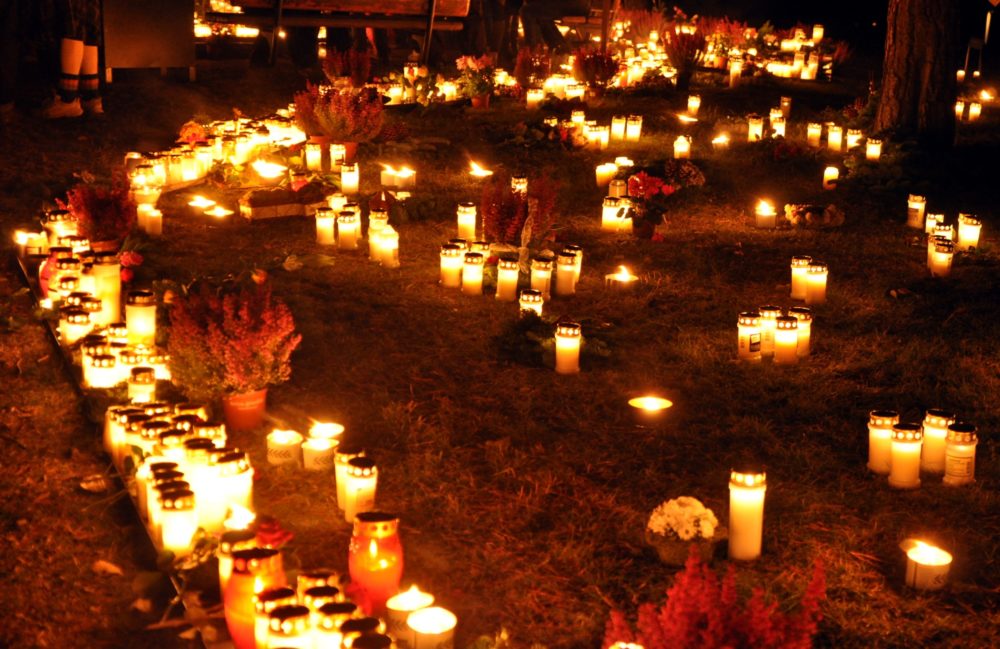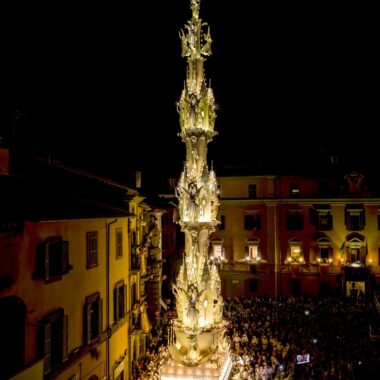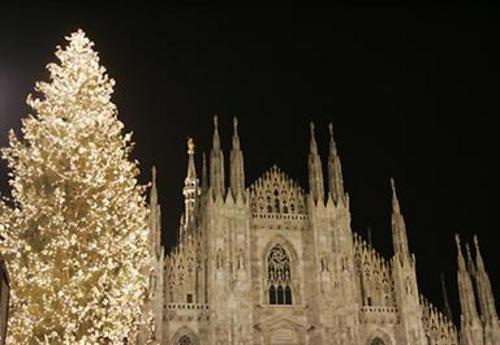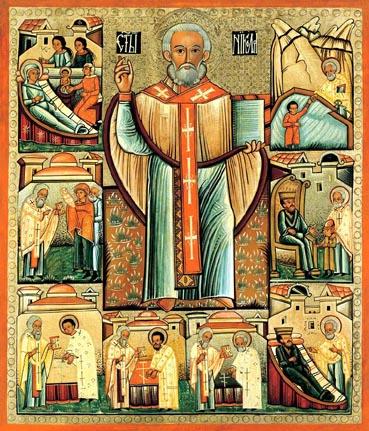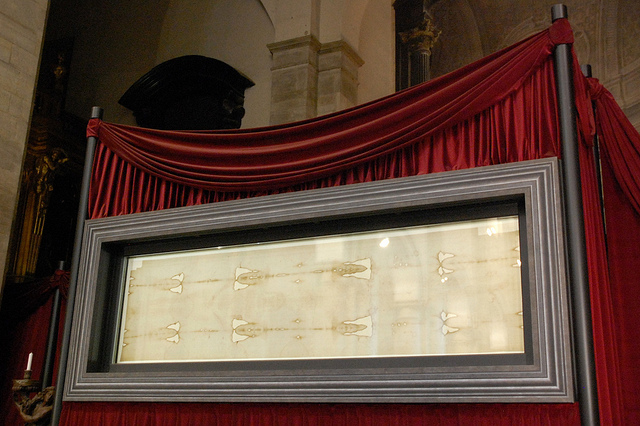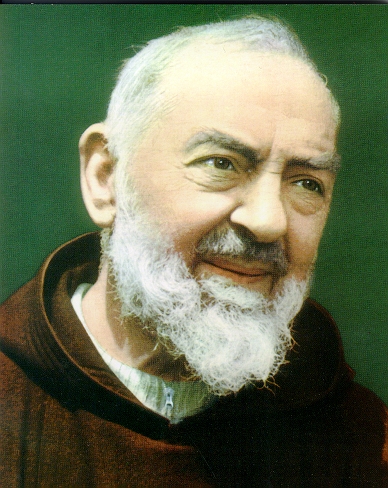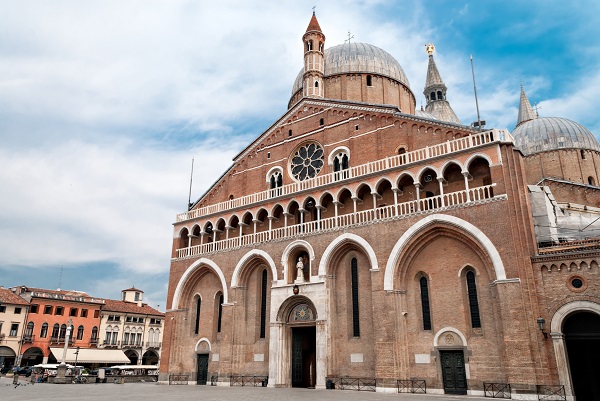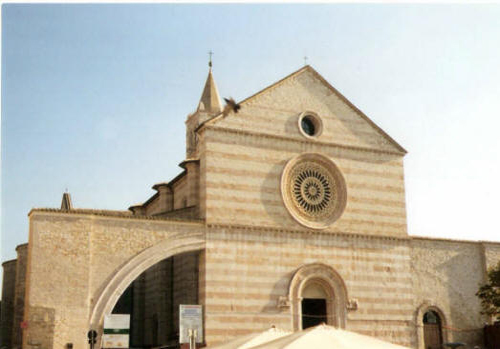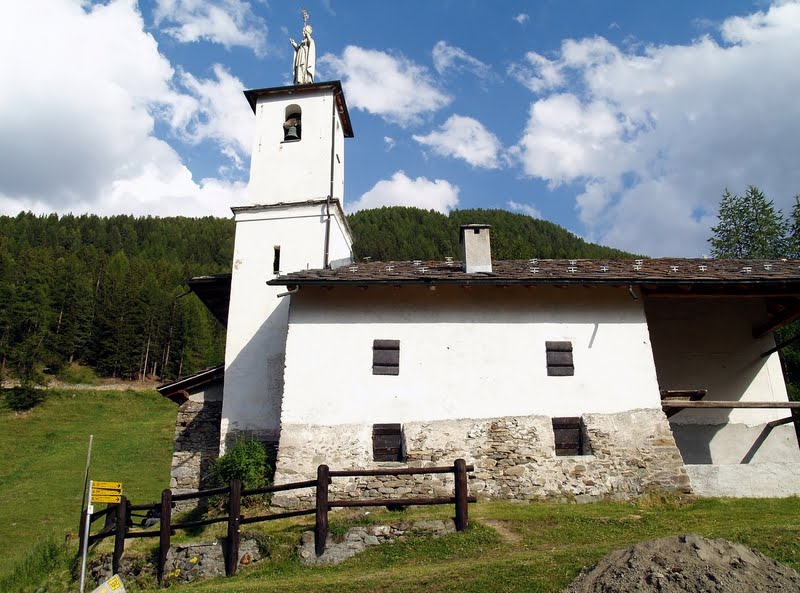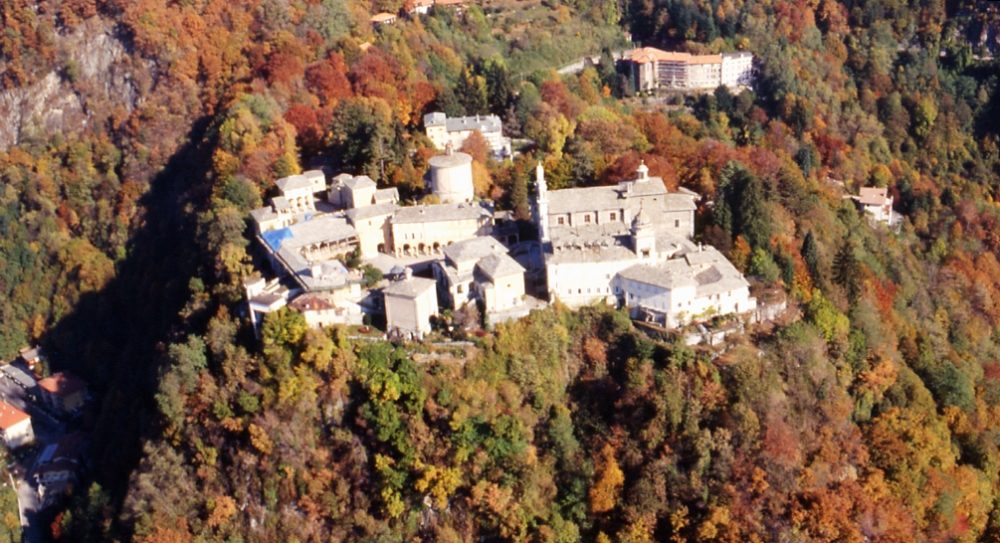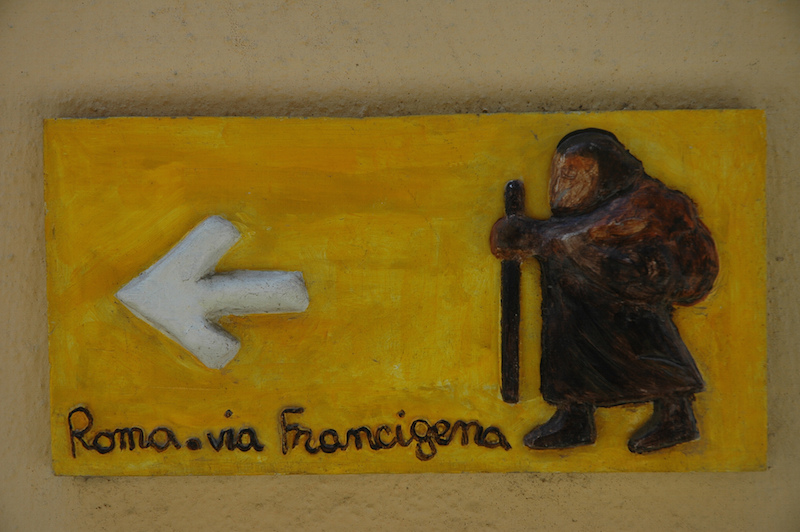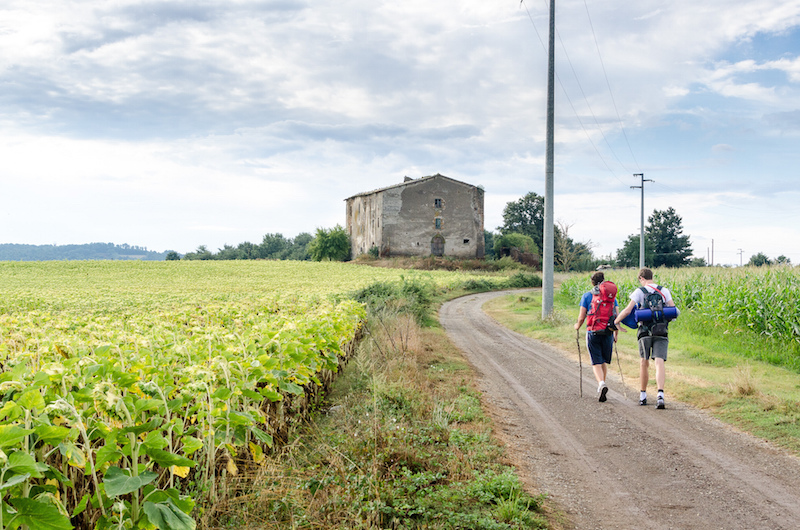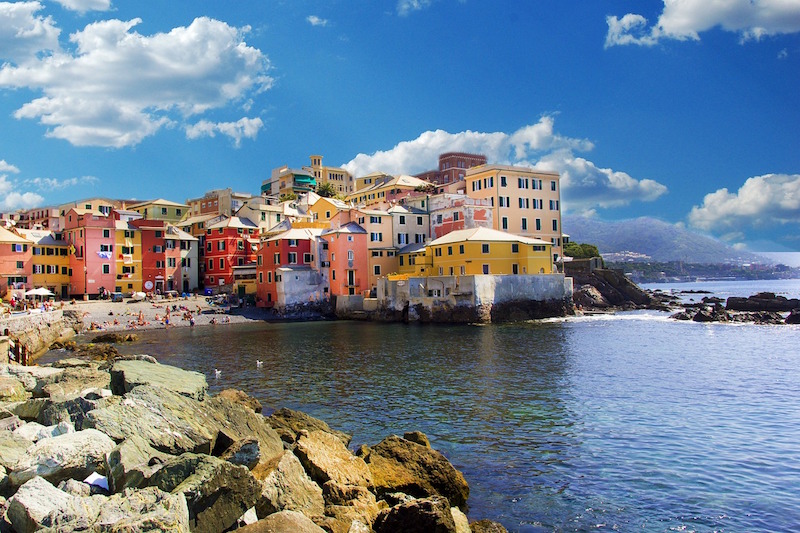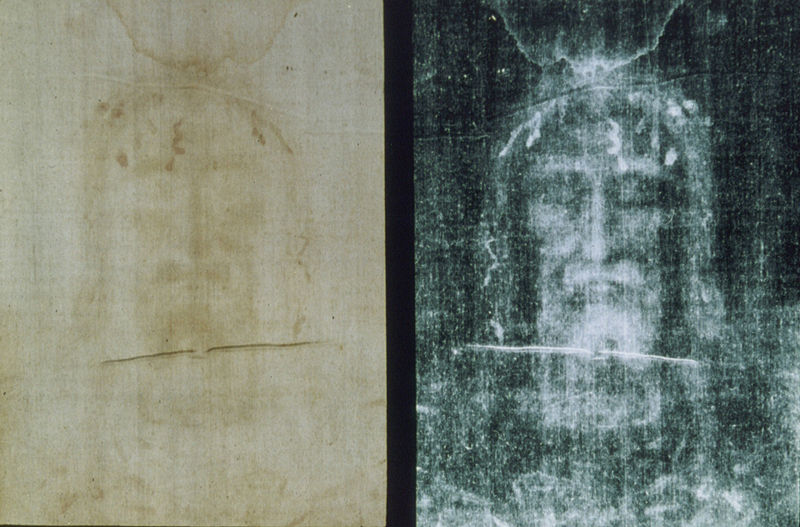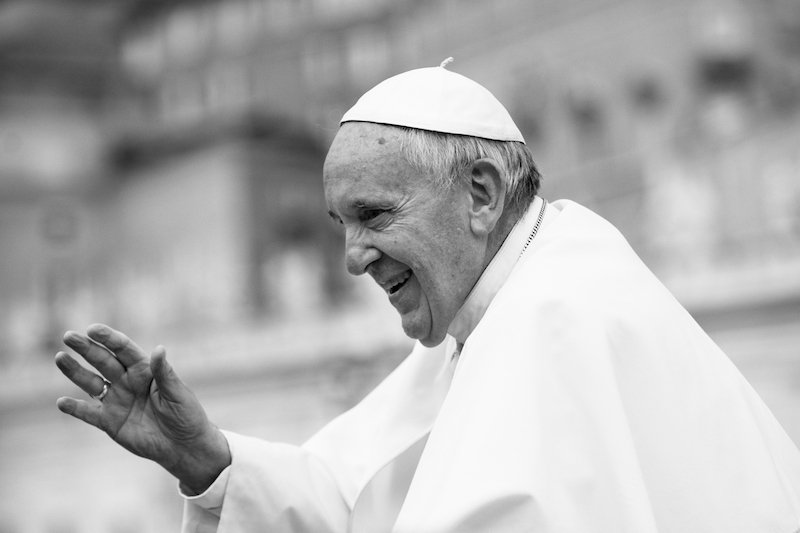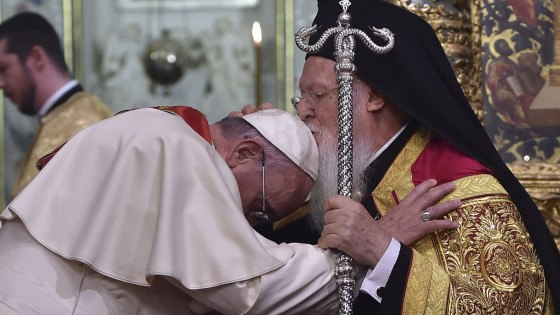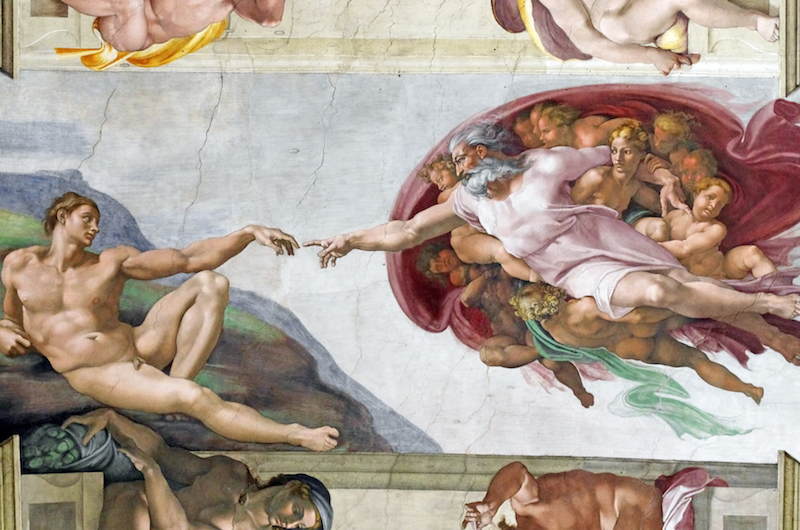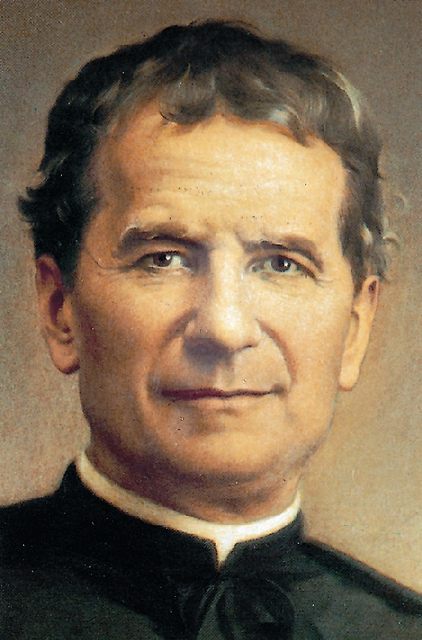
Don Giovanni Bosco was born in 1815 from a family of farmers in Piedmont, a region in the Northern part of Italy. Since early age, young Giovanni had a predisposition to entertain people and mostly to gather them in social activities, a very important quality that will come very useful later in his life; he often organized small theatre shows in his back garden. His showman activities however were not the only thing happening to him as a child, as he used to have dreams that carried strong messages: these messages, along with his living conditions, strengthened his vocation, who lead him into priesthood. He left his native home at the age of 12 and truly struggled to find his way, as he could not go to school and he was forced to find random jobs.
All this shaped him and made him understand the importance of education, which took the shape of his “Preventive System of Education”, where religion, intellect and kindness were the base of his effort. Don Bosco kept these values very much alive within himself and his order, and dedicated his entire mission to taking care of disadvantaged children, those forgotten by society. This ideal was the very root of the Salesian order, whose guidelines became care and dedication. The oratory soon became a center for orphans and Giovanni’s mother joined in. Don Bosco’s ideal created political and social turmoil in the city of Turin, to the point he faced a great deal of opposition. That didn’t stop him and in 1859 he officially started the congregation of the Salesians. An incredible adventure that soon was to spread from Italy to the entire world, all because of the vision and the strong faith of one single man.
Don Bosco strongly believed in providence, which became a stronghold for his faith and his actions. He often said there was no need to worry, as whatever was needed would be provided by providence. Often lacking food and first necessity goods for his children, he never despaired, but placed his faith in providence instead: true sign of sainthood, his faith was never disappointed.
Whatever was needed by the community of Don Bosco, was always found, sometimes miraculously. Well known is the “Miracolo delle Castagne”, the miracle of the chestnuts: on All Souls’ day, Don Bosco had brought all his children to the cemetery to honor the dead and promised to all a treat once they were back to the oratory, roasted chestnuts (very popular in Piedmont). His mother Margherita misunderstood his will and prepared only a little amount of them, certainly not enough to feed all the children Giovanni had with him. Once he arrived at the Oratory, though, Don Bosco took the little basket full of roasted chestnuts and started giving a ladleful to each child in line. There were dozens and dozens of children, and chestnuts for no more than thirty, but miraculously they never finished, until the last child was fed. It was, the Salesians say, the first time people openly said Don Bosco was a saint.
He created missions, schools and boarding schools for the less fortunate, all over the world: all thanks to his energy and faith.
Don Bosco died on the 31st of January 1888, and on this day he is remembered every year in Italy; although his death left a huge, empty space in the heart and mind of many, his mission went on and kept on growing, touching kids in many different places and giving them a true hope for the future. Giovanni Bosco became Saint Giovanni Bosco and his name is now in the XXI century still very much recognized and loved in the four corners of the planet.





